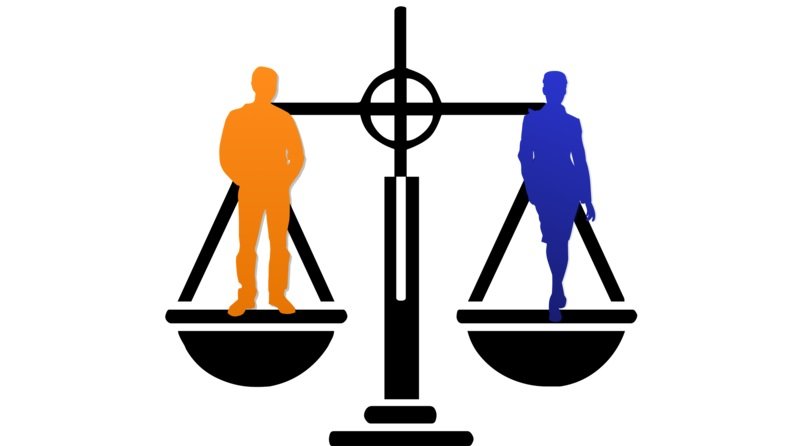Much needed judicial reforms in India – Part 3


Please refer to my earlier 2 articles on judicial reforms in India.
In Part 3 we will discuss in details about these 3 aspects:
Alternate means of punishment
In my view, Indian Penal Code (IPC) has a very structural flaw. The flaw is, IPC views Jail term as the only punishment. Yes, Jail term should be considered as a Punishment, no doubt on that, but Jails should also be viewed as places to isolate people who are harmful to society. Say a robber roaming freely in society would harm others.
But, say a boy passing lewd comments on girls or a Govt official who takes some bribe and is caught by vigilance department, may not be a threat to society at large. And hence should be punished differently.
Let me give few examples:
Say an IPS officer is caught taking bribe. (S)He is immediately suspended and the litigation goes on for years. Who is at loss? The Govt? Why? The Govt loses an experienced employee on whom a lot of efforts have been invested to bring him/her to this stage. Instead, if the Judiciary Punishes him/her with a heavy fine OR a demotion OR confiscation of properties OR freeze on promotions for a certain period, it will act as a severe deterrent. Only for repeat offenders jail term should be prescribed.
In nutshell, all laws should have multiple options of punishment so that Judiciary will have multiple ways in hand to punish and/or reform the offenders. Jail term should be treated as a last resort instead of being the first resort.
Financial Punishment:
More emphasis should be given on financial punishments. There should be a commission (appointed by President comprising of at least 5 members including the chairperson) which should meet every 5 years(at-least) to review and increase the monetary fines across all laws. The fines for many offenses are not reviewed since decades. Having such a mechanism will ensure that the fines can be increased w/o going to the Parliament/getting the law amended.
Secondly, confiscation of properties should also be used as a punishment. Say, in case of dowry harassment case, a person is jailed. A person asks for dowry in greed for property. If the Dowry laws have a provision of transferring movable and immovable properties of the accused to Govt based on court order that will act as a big deterrent.
By such means courts will also earn money and hence become less financially dependent on Govt.
Corporatization of Legal profession:
One of the big reasons behind the delay in court cases is the conduct of lawyers. The lawyers drag cases for years which has eroded trust of general public in Judiciary.
There could be a solution to this: Corporatization of Legal profession.
I would propose the below solutions:
DISCLAIMER: The author is solely responsible for the views expressed in this article. The author carries the responsibility for citing and/or licensing of images utilized within the text.
